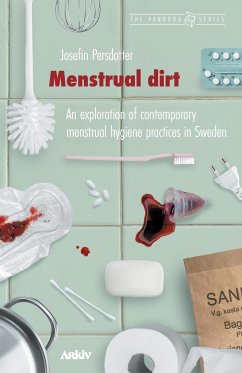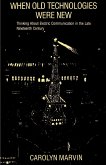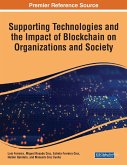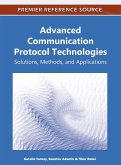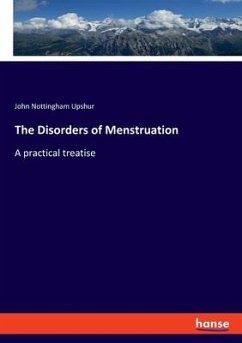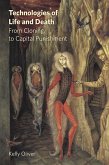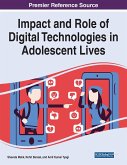Why is menstruation so often considered a dirty phenomenon, in both material and symbolic terms? How do ideas and realities of menstrual pollution affect the lived experience of menstruation and everyday hygiene practices? Josefin Persdotter's study Menstrual Dirt explores how notions and materializations of pollution are enacted in different menstrual practices: in what products to use, in how to get rid of menstrual waste, how to clean reusables, wash the body and stained underwear, scrub toilets and avoid unwanted smells. It unpacks taken for granted aspects of menstrual life and reveals persistent gendered inequalities in relation to menstruation. In focus are two specific menstrual technologies: the disposable pad and the reusable cup. The author shows how the promotion and use of these everyday technologies (re)produce menstruation as something dirty, symbolically and as a lived experience. Theoretical tools from the sociology of dirt, science and technology studies and anthropology are used to make sense of a wealth of fascinating interview and documentary material. The study makes visible how menstrual pollution beliefs are (re)shaped in Sweden, a country with a comparatively high level of gender equality and menstrual activism. The results have implications in a wider context and for policies and technological changes to make menstruating into a less laborious and less negatively felt experience. Josefin Persdotter is a sociologist and an internationally known scholar within Critical Menstrual Studies. She is also an acclaimed menstrual artist and activist.
Hinweis: Dieser Artikel kann nur an eine deutsche Lieferadresse ausgeliefert werden.
Hinweis: Dieser Artikel kann nur an eine deutsche Lieferadresse ausgeliefert werden.

